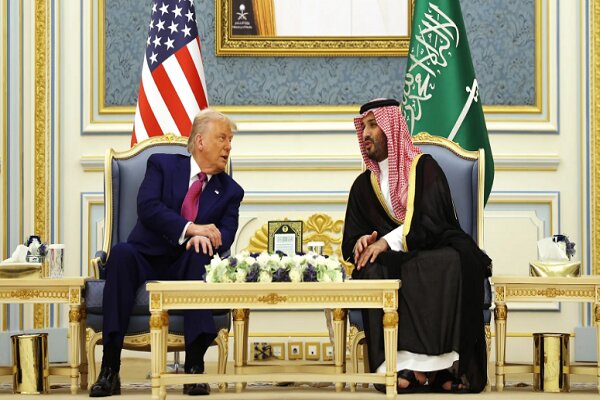
Similar Posts
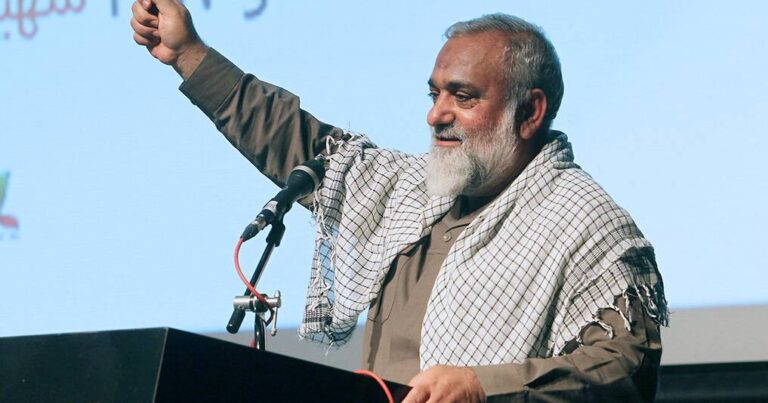
IRGC Cheers Israeli Military Chief’s Resignation: A Triumph for Iran
The resignation of Israel’s military chief, Lt. Gen. Herzi Halevi, following the October 7 Hamas attack, has drawn strong reactions from the Islamic Revolutionary Guard Corps (IRGC). Halevi’s decision, effective March 6, is seen by IRGC leaders as a sign of a weakening Israeli government and a defeat in the Gaza conflict. Halevi took responsibility for security failures during the attack, which resulted in over 1,400 deaths and significant casualties. IRGC officials view this as a victory for resistance movements in the region, while analysts question the effectiveness of Iran’s military strategies amid challenges faced by its proxies.
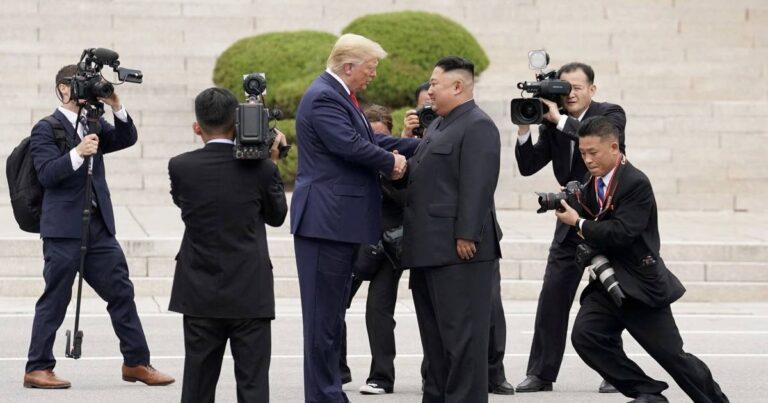
Iranian Lawmaker Advocates for Nuclear Arsenal, Inspired by North Korea’s Security Strategy
A member of Iran’s parliament, Ahmad Naderi, has called for the country to develop and test atomic weapons, citing North Korea’s nuclear program as a model for enhancing national security. His remarks reflect a growing sentiment among Iranian hardliners in response to perceived threats from former President Trump. Naderi emphasized that possessing nuclear arms could deter aggression, a view supported by other political figures, including veteran negotiator Ali Larijani. Amid escalating tensions with the US and Israel, Iranian lawmakers are advocating for a reassessment of the nation’s nuclear policy, raising concerns about Iran’s potential nuclear ambitions and regional security implications.
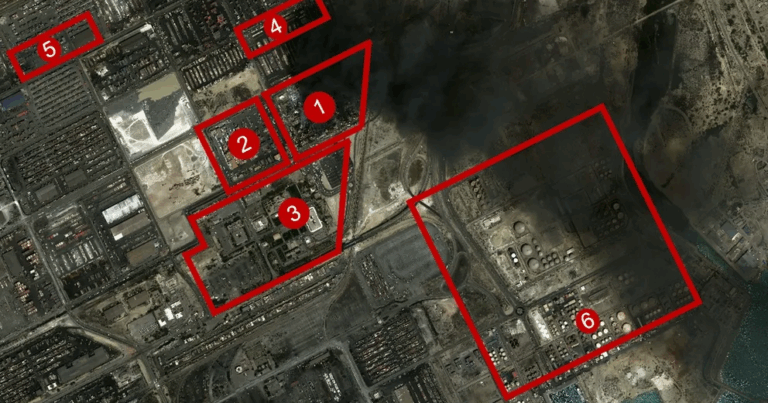
Stunning Satellite Images Reveal Devastating Impact of Iran Port Explosion
Recent satellite imagery reveals extensive damage from the April 26 explosion at Rajaei port, Iran’s largest container port, halting over half of the country’s loading and unloading capabilities. The explosion devastated key areas, particularly the Sina yard, which has been completely leveled, and the Khazar Qeshm Company warehouse, whose roof collapsed. The Rajaei Port Customs Office also suffered significant damage, extending up to 300 meters into evacuated parking areas. Fortunately, the hazardous materials zone remained intact. The incident poses serious implications for Iran’s trade and logistics, necessitating substantial recovery efforts amid ongoing economic sanctions. An investigation is underway to determine the cause.
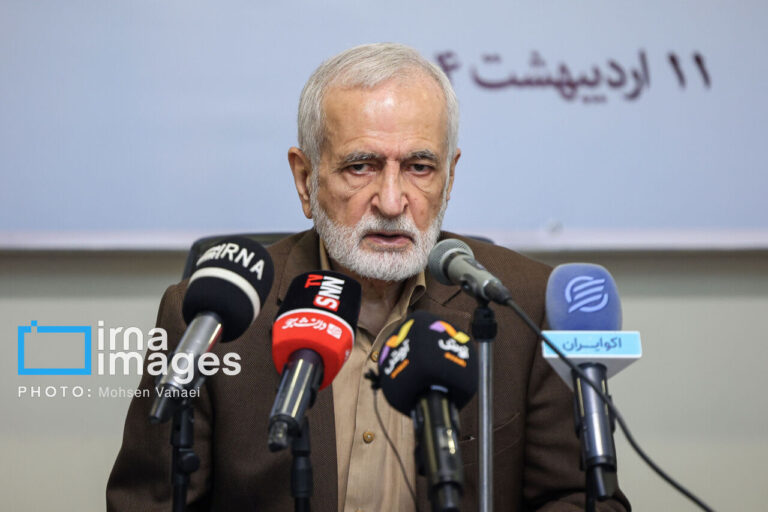
Strategic Council Leader Urges Regional Nations to Settle Disputes through Dialogue
Kamal Kharrazi, Head of the Strategic Council on Foreign Relations, emphasized a shift towards a multipolar world during the Tehran Dialogue Forum, highlighting the need for regional unity and dialogue among nations. He identified key players like China, India, Iran, Turkey, and Russia as essential to global affairs and called for organizations to seek autonomy from dominant powers. Kharrazi argued that a multipolar system could enhance social justice and equitable development. He criticized U.S. officials for their contradictory statements regarding Iran’s nuclear program and noted the need for improved dialogue between Iran and Arab countries, while lamenting Iran’s strained relations with Europe.
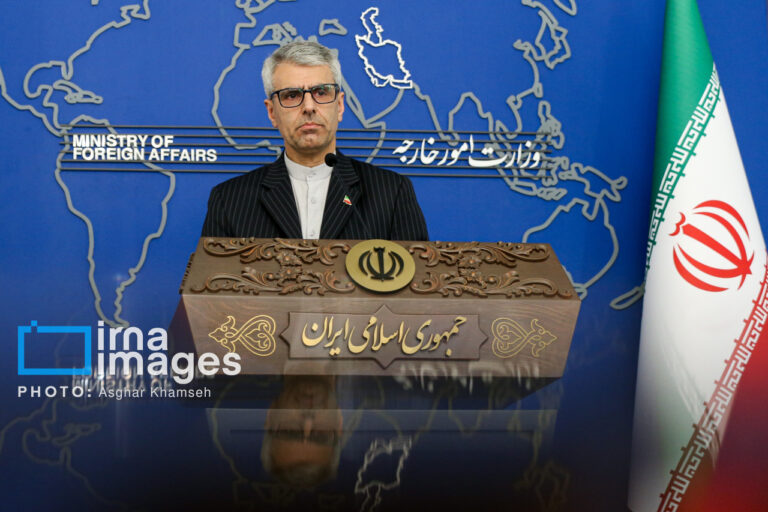
I.A.E.A. Focuses on Technical Solutions, Not Political Issues, Says Foreign Ministry Spokesperson
Iran’s Foreign Ministry spokesperson, Esmaeil Baqaei, announced an upcoming visit from the International Atomic Energy Agency (IAEA) to discuss technical matters related to Iran’s nuclear program. He confirmed indirect talks with the U.S. set for Saturday, emphasizing Iran’s red lines regarding enrichment and sanctions during negotiations. Baqaei also condemned Israeli aggression, warning of a decisive response to military threats against Iran, and criticized the international community’s inaction regarding the situation in Gaza. Additionally, he condemned the arrest of two Iranian citizens in France, calling their detention a violation of human rights and demanding clarity from the French government.
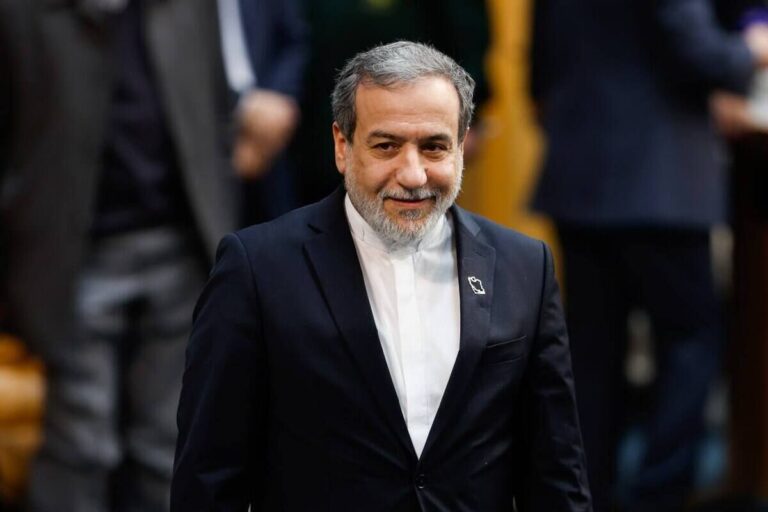
Araqchi Returns to Mashhad Following Productive Two-Day Diplomatic Visit to India
Iranian Foreign Minister Abbas Araqchi recently completed a diplomatic visit to New Delhi amid rising tensions between India and Pakistan. His trip included a significant pilgrimage to the shrine of Imam Reza in Mashhad and a visit to Hazrat Masoumeh’s shrine in Qom, emphasizing the blend of spirituality and diplomacy. In New Delhi, Araqchi discussed mutual interests and regional developments with key officials, including President Droupadi Murmu and National Security Advisor Ajit Doval. His visit underscores Iran’s strategic diplomatic efforts and ongoing dialogue with India amid global challenges, highlighting the importance of collaboration between the two nations.